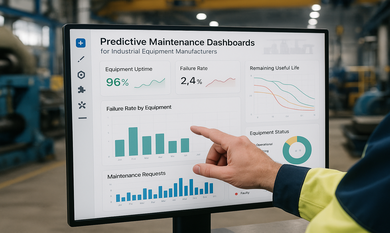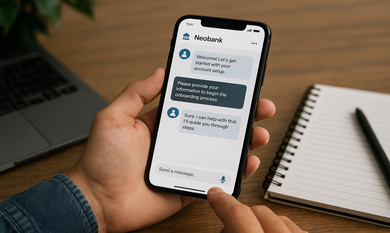Financial services depend on trust. Whether processing payments, securing digital assets, or verifying transactions, fintech companies must guarantee that data is accurate, auditable, and tamper-proof. Traditional systems, built on siloed databases, often struggle to meet these expectations as regulatory scrutiny grows.
Blockchain technology offers a secure, decentralized alternative. By combining cryptographic security and immutable ledgers, blockchain helps fintech companies deliver transparency and accountability at scale.
Why Data Integrity Matters in Fintech
Fintech platforms handle millions of transactions daily. Any error or unauthorized change can lead to:
- Regulatory penalties
- Customer mistrust
- Fraud and compliance violations
In this environment, robust data integrity and auditability are essential. The use of blockchain in fintech allows companies to prove the accuracy and history of every record without relying solely on internal databases.
How Blockchain Strengthens Data Integrity
Blockchain stores transactions in a distributed ledger made of cryptographically linked blocks. Each block contains:
✅ Transaction Details
All the information about payments, asset transfers, or approvals.
✅ A Hash of the Previous Block
Linking records together permanently.
✅ Digital Signatures
Verifying the identity of each participant.
Once data is recorded, it becomes immutable—creating an auditable history no single party can alter.
Example:
Fintech companies using blockchain can track every asset movement with time-stamped records that regulators and auditors can verify independently.
Smart Contracts: Automating Compliance
Smart contracts are self-executing agreements that live on the blockchain. They:
- Trigger payments automatically when conditions are met.
- Validate transaction details without manual checks.
- Generate logs for every action.
This automation reduces operational risk and improves transparency.
Partnering with a team specializing in blockchain development services in Dallas helps you design and implement smart contracts that fit your compliance workflows.
Benefits for Fintech Companies

1. Enhanced Transparency
Blockchain provides a single source of truth that all stakeholders can access securely.
2. Lower Fraud Risk
Tamper-proof records deter unauthorized changes.
3. Faster Audits
Immutable logs simplify compliance reporting.
4. Customer Confidence
Transparency and security help build lasting trust.
Real-World Use Cases
Fintech companies are applying blockchain in areas such as:
✅ Cross-Border Payments
Settlements happen in minutes, with clear audit trails.
✅ Asset Tokenization
Digital assets are recorded immutably on-chain.
✅ Identity Verification
Secure sharing of verified identities across institutions.
These examples show how blockchain in fintech is reshaping the industry.
Implementing Blockchain Successfully
Moving from concept to production requires a thoughtful approach. Collaborating with a provider offering web app development services dallas ensures your blockchain platform integrates smoothly with existing systems and provides intuitive dashboards for your teams.
It’s also critical to build interfaces that support real-time monitoring. Companies working with specialists in angularjs web app development services dallas can deliver responsive, user-friendly experiences across devices.
Overcoming Challenges
While blockchain delivers immense benefits, fintech companies must consider:
- Data Privacy
Sensitive customer information should be encrypted or stored off-chain.
- Regulatory Alignment
Solutions must comply with standards like GDPR and PCI DSS.
- Scalability
Permissioned blockchains can process high transaction volumes without compromising performance.
These challenges are easier to manage when you work with experienced partners.
Key Metrics to Track
To measure blockchain’s impact, track:
- Audit Resolution Time
How quickly can you respond to compliance requests?
- Error Reduction
Fewer discrepancies in transaction histories.
- User Adoption
How many teams rely on the blockchain platform daily?
- Cost Savings
Lower operational expenses and audit preparation costs.
The Future of Blockchain in Fintech
As adoption grows, blockchain will underpin more critical workflows, from lending and insurance to payments and identity. Early adopters will benefit from faster compliance, reduced fraud, and greater customer loyalty.
More fintech companies using blockchain are also exploring integrations with AI and data analytics to gain deeper insights while maintaining trust.
Conclusion
In an industry where transparency and accountability are essential, blockchain provides a secure foundation for modern fintech platforms. From smart contracts to immutable records, these solutions help companies deliver confidence and compliance at scale.
When you’re ready to implement next-generation blockchain systems, partnering with Theta Technolabs, a trusted web3 app development company in Dallas, ensures your project succeeds from strategy to deployment. Our team combines expertise across Web, Mobile and Cloud to build secure, scalable solutions tailored to your needs.
Ready to Build a Transparent Fintech Platform?
Contact Theta Technolabs today.
Explore how we can help you:
- Develop secure blockchain systems
- Integrate smart contracts with your workflows
- Launch fintech solutions that inspire trust

















.png)
























.png)

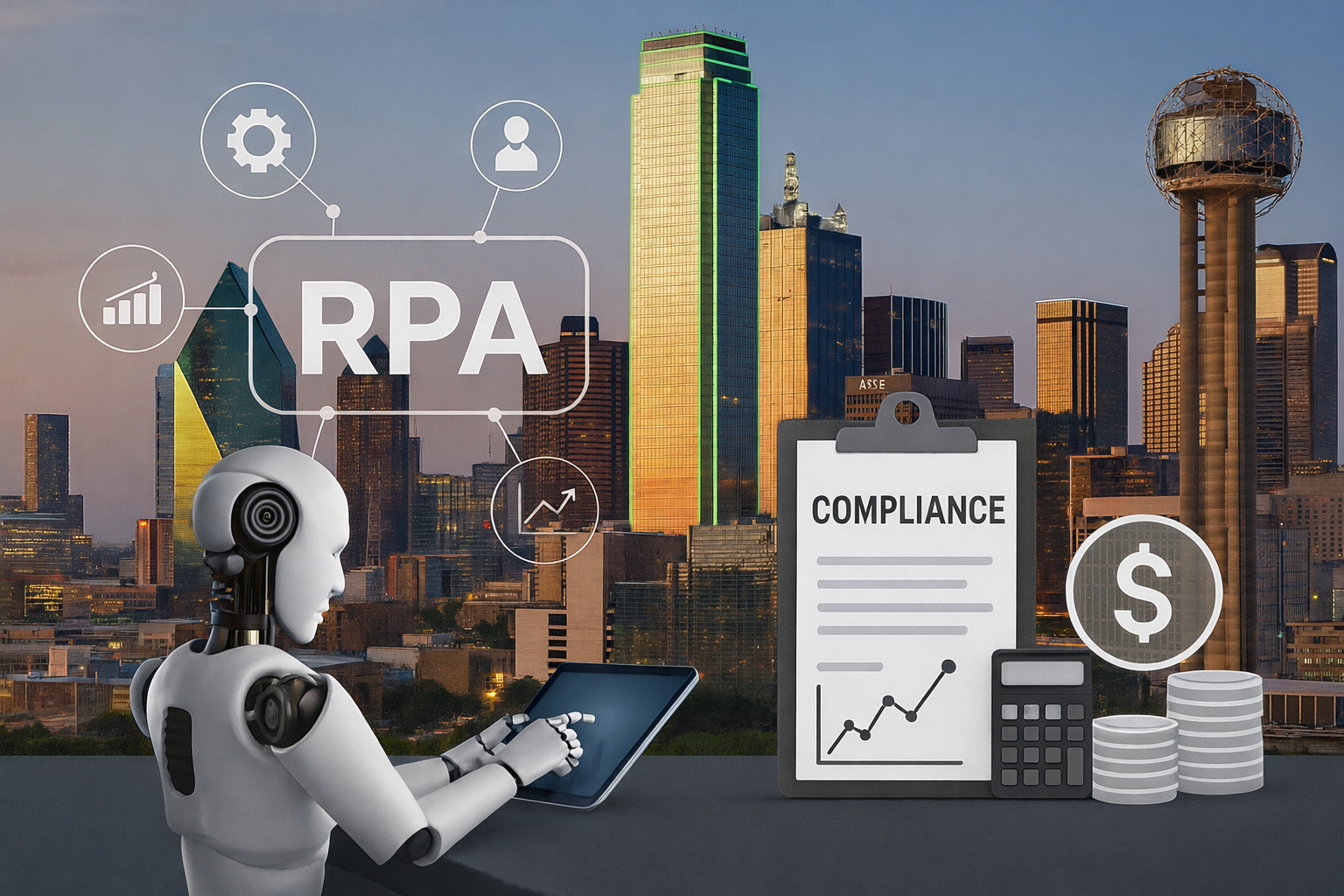

.png)



.png)








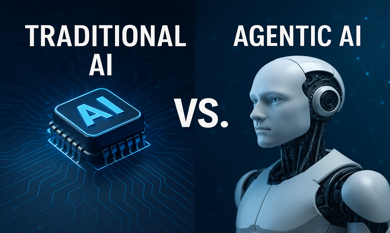








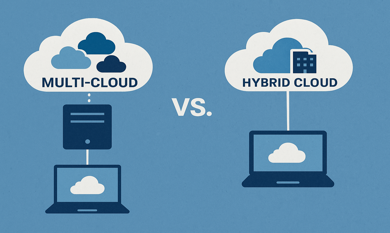

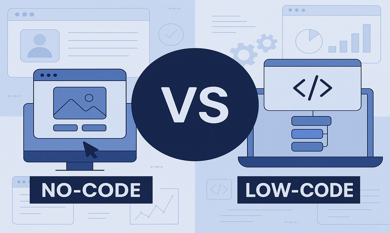








.png)
.png)






.png)

.png)
.png)
.png)


.png)
.png)
.png)
.png)

.png)





